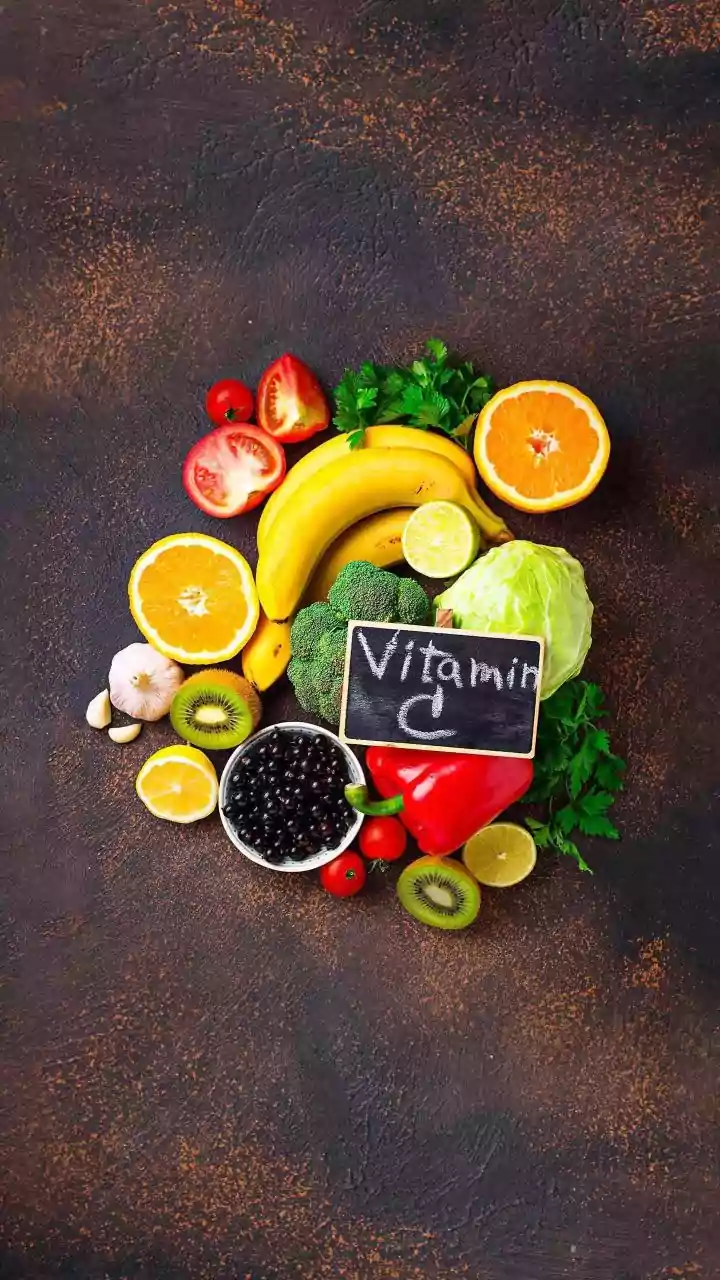Limit Oxalate Intake
Oxalates are naturally occurring compounds that can bind with calcium in the kidneys, forming stones. High-oxalate foods should be consumed in moderation.
Examples include spinach, rhubarb, nuts, chocolate, and bran flakes. If you enjoy these foods, be mindful of portion sizes. The issue isn't always about complete avoidance but rather about balancing intake. One strategy is to pair high-oxalate foods with calcium-rich foods, as calcium can bind with oxalates in the digestive tract, preventing them from being absorbed and deposited in the kidneys. This helps to minimize the likelihood of stone formation. The overall aim is to reduce the concentration of oxalates that the kidneys must process, thereby lowering the risk.
Reduce Sodium Consumption
A high-sodium diet can increase calcium levels in the urine, heightening the chance of calcium-based kidney stones. Processed foods, fast foods, and salty snacks are often significant contributors to high sodium intake. To mitigate this, carefully read food labels, opting for products with lower sodium content. When cooking at home, season meals with herbs, spices, and lemon juice rather than relying heavily on salt. The goal is to maintain a balanced electrolyte profile, which supports overall kidney health. Furthermore, drinking plenty of water helps flush out excess sodium and minimizes stone formation. By reducing sodium and increasing water intake, you can proactively take steps to decrease the risk of kidney stone recurrence.
Moderate Animal Protein
Diets rich in animal protein, like those common in meat, poultry, and seafood, can increase the excretion of uric acid and calcium in urine, thus raising the risk of uric acid and calcium-based stones. While animal protein is essential for a balanced diet, overconsumption can be detrimental to kidney health. It is important to balance your protein intake. This could mean incorporating more plant-based protein sources like beans, lentils, and tofu. If consuming animal protein, opt for lean cuts and smaller portion sizes. Pay attention to how your body responds, and adjust your intake accordingly. Moderation is key when it comes to animal protein in the context of kidney stone prevention.
Be Mindful of Sugars
Excessive sugar consumption can contribute to weight gain and metabolic issues, which in turn can affect kidney health. High-sugar diets are often linked to increased calcium excretion and an environment that promotes stone formation. Limiting sugary drinks like sodas, fruit juices, and processed sweets is advisable. It's also important to be aware of hidden sugars in sauces, dressings, and processed foods. Opting for whole foods, which are naturally low in sugar, helps. Focusing on a diet rich in fruits, vegetables, and whole grains supports overall health and aids in maintaining stable blood sugar levels, thereby reducing the risk of kidney stones. Regular physical activity can also help in controlling blood sugar levels.
Control Vitamin C Intake
While Vitamin C is a crucial nutrient, high doses of vitamin C supplements can be metabolized into oxalate in the body. As previously discussed, oxalates can contribute to the formation of calcium oxalate stones. It is best to consume vitamin C through natural food sources such as citrus fruits and bell peppers. These sources provide the nutrient in conjunction with other beneficial compounds, reducing the risk of overconsumption. If you are taking vitamin C supplements, be mindful of the dosage. Discussing your supplement intake with a healthcare provider is a good practice, particularly if you have a history of kidney stones. Adjusting supplement intake can make a difference in supporting kidney health.
Avoid Excessive Purines
Purines are compounds that break down into uric acid, which can lead to uric acid stones. Foods high in purines include red meat, organ meats (like liver and kidneys), and certain types of seafood (such as anchovies and sardines). Reducing the intake of these foods, and opting for alternative protein sources, could reduce the risk of stone formation. Choose leaner proteins such as chicken and fish, and limit the amount of purine-rich foods in your diet. Drinking plenty of water helps dilute uric acid levels, further reducing the chances of stone formation. Monitoring purine intake can be especially important if you have a family history of kidney stones or have already experienced them.
Stay Hydrated Constantly
Drinking enough water is one of the simplest and most effective ways to prevent kidney stones. Adequate fluid intake dilutes the urine, thus reducing the concentration of stone-forming substances. Aim to drink at least 2-3 liters of water daily, or more if you are physically active or live in a warm climate. The color of your urine can serve as a good indicator of your hydration level. Clear to light yellow urine suggests good hydration, while dark yellow urine indicates the need to drink more fluids. Drinking water throughout the day, and not just when you feel thirsty, is crucial. Also, beverages like herbal teas and diluted fruit juices can contribute to your fluid intake. Staying hydrated is essential for overall kidney health and stone prevention.

















